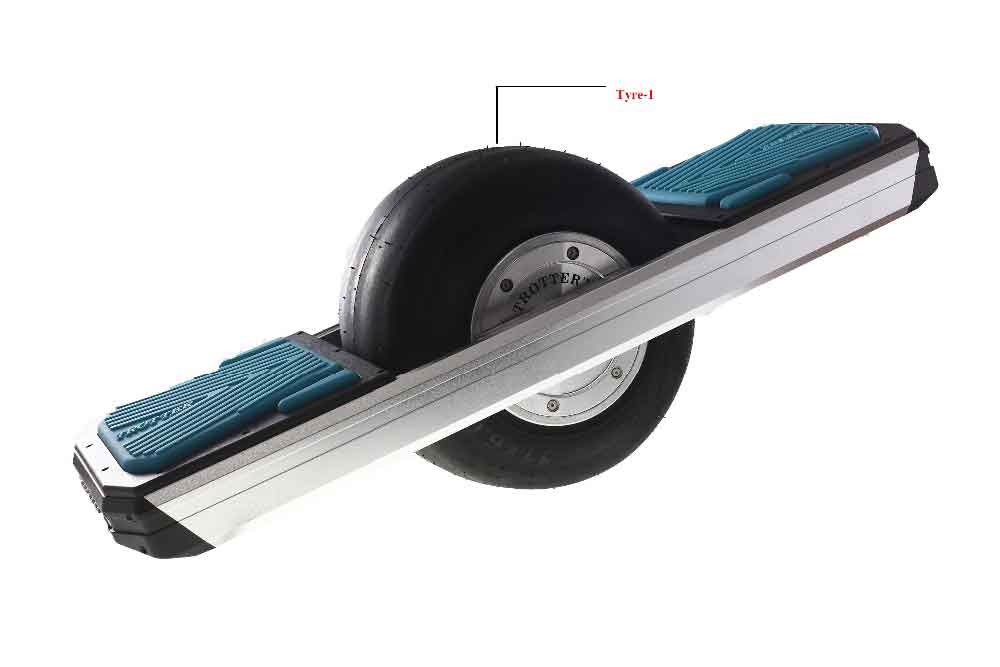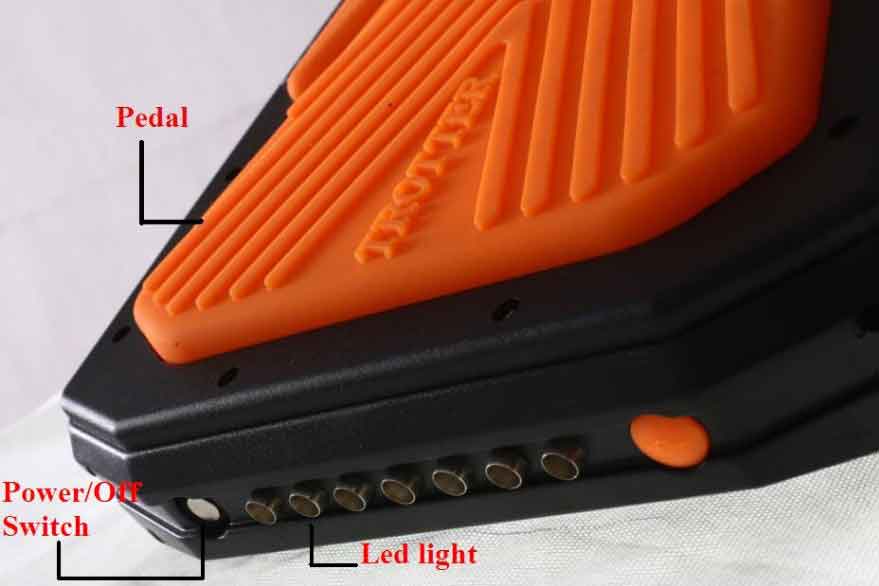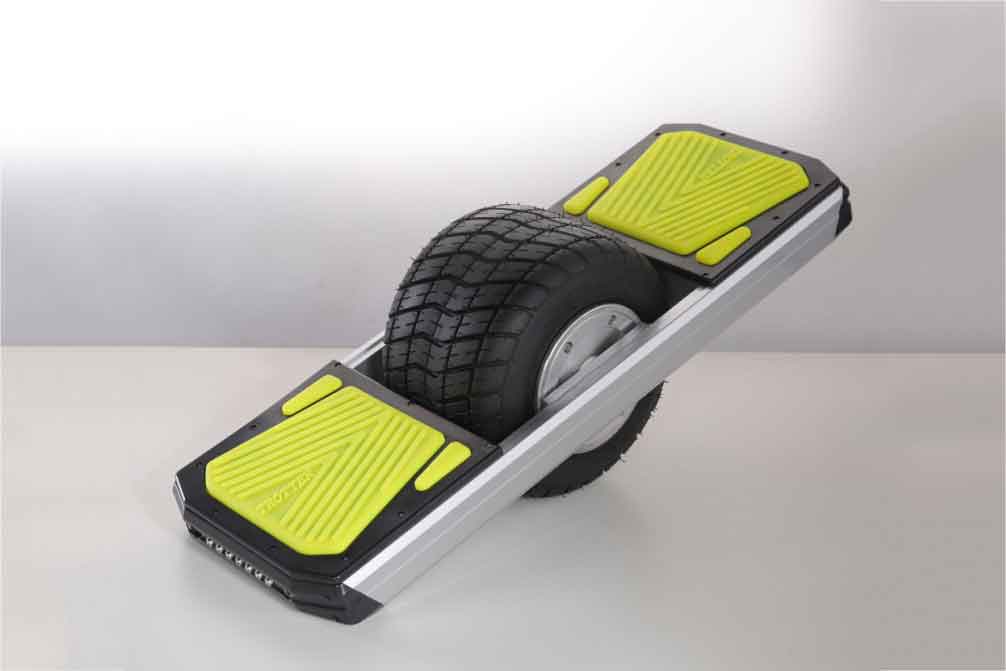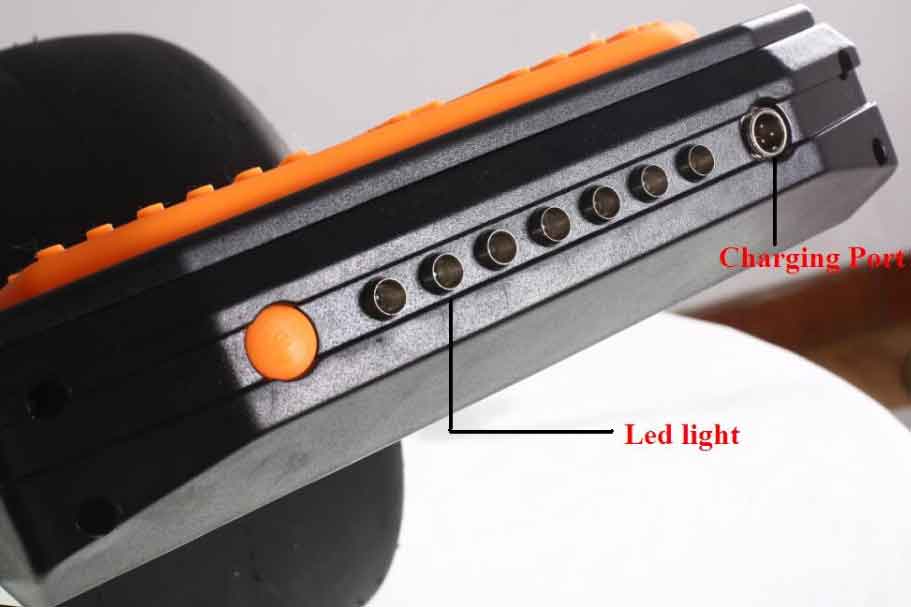Thursday at CES 2016 may go down as one of the most memorable in recent history. Two U.S. Marshals showed up at the booth of Changzhou First International Trade Co. in the Las Vegas Convention Center, seized the contents of the company’s booth, and left the company’s employees shocked and unsure what to do next.
What in the world happened that led to this stunning series of events? The raid appears to be the culmination of a several-week effort by competitor Future Motion, who accuses Changzhou of infringement over a self-balancing electric skateboard for which Future Motion holds patents relating to both technology and design.
Future Motion and Changzhou both took a similar approach in design, and each hawks a skateboard that looks like a “seesaw with a wheel in the middle,” according to a Bloomberg story on the incident. Those that saw both boards in person say the designs look nearly identical, which probably explains why Future Motion pressed for such drastic action.

- 1. CFITC Trotter
- 2. CFITC Trotter
- 3. CFITC Trotter
- 4. CFITC Trotter
The company sent a cease-and-desist letter to Changzhou in December, but received no response. Future Motion’s lawyer told Bloomberg that his company again tried to reach out the day before the show opened, but failed to achieve any resolution. On Wednesday, Future Motion filed a request with a federal judge to bar Changzhou from displaying its version, which the judge approved, and the result was Thursday’s raid.
As far as we can tell, this is the first time a seizure of this magnitude has happened on the floor of CES. The show itself actually has policies intended to discourage disputes on the show floor, including prohibiting “loud” disputes, and limiting the number of company representatives (two employees, a translator, and a lawyer) who can approach another company’s booth over an intellectual property infringement claim.
Bloomberg says at least a half-dozen Future Motion lawyers and assistants accompanied the U.S. Marshals during the raid, many more than the show’s limit allows.
“Future Motion welcomes fair competition, but companies that simply mimic Onewheel without the same technical know-how and safety assurances pose a threat not just to Future Motion, but to consumers and the industry at large,” Future Motion CEO and the product’s inventor Kyle Doerksen said in a statement released Thursday evening.
Digital Trends was unable to obtain comment from CTA, the industry association behind CES. Changzhou itself has declined to comment beyond stating that it would be contacting its lawyers. For the rest of us, including those who witnessed the events of Thursday afternoon, we’re left with a story to tell our grandchildren.






